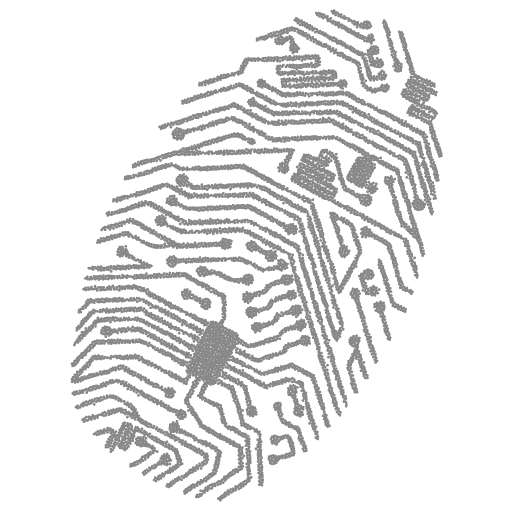The General Data Protection Regulation entering into force on 25 May 2018 is not the only privacy revolution in store for the EU. The proposed ePrivacy Regulation is also generating greater and greater controversy and may change the shape of the internet as we know it.
new tech law blog

FSB report on artificial intelligence in the financial sector
The Financial Stability Board (FSB) was set up in 2009 by members of the G20 to coordinate the work of financial authorities at the international level and promote and develop financial stability policies. It is made up of representatives of state authorities responsible for finances from 24 countries, financial institutions, and supervisory and regulatory authorities.
Blockchain versus the law
Several recent meetings and discussions about the blockchain have made me realise the growing antagonism that exists between the law and the blockchain. This conflict is largely the result of misunderstandings, which need prompt clarification.
Small firms, big data
Many startups offer their clients big data analysis services based on machine-learning algorithms. The results of such analyses can be of interest to any companies profiling their products or marketing campaigns. But for the analysis to be reliable, it takes data—the more the better. Algorithms using machine learning must have something to learn from. The accuracy of the forecasts subsequently developed for business aims will depend on the scope of the training data fed to them. If the algorithm is limited from the start to analysis of an abridged sample of observations, the risk increases that it will incorrectly group data, overlooking important correlations or causal connections—or see them where they don’t exist. Only training the algorithm on large datasets can minimise the risk of shortcomings in diagnosis and prognosis.
Will the blockchain stir up intellectual property agreements?
Conversation with Monika A. Górska and Lena Marcinoska of the Intellectual Property Practice at Wardyński & Partners about whether the blockchain may be regarded as a new area of use.
Newtech.law: Blockchain based solutions are developing rapidly in various sectors of the economy. Have they also entered the creative sectors?
Monika A. Górska: Definitely. DLT technology may be used successfully to record intellectual property rights and to register transactions involving creative work. Moreover, most computer programs are written today with a blockchain project capability.
Newtech.law: Does the arrival of blockchain-based solutions give rise to any problems with copyright agreements?
Multimedia trademarks open entirely new possibilities
Changes regarding EU trademarks entered into force on 1 October 2017.
Multimedia marks combine image and sound, and can be for example animations launched on mobile devices or apps, film studio jingles, brief video clips, and so on.
Now filings can be made to register multimedia trademarks in the form of an MP4 file of up to 20 MB.









